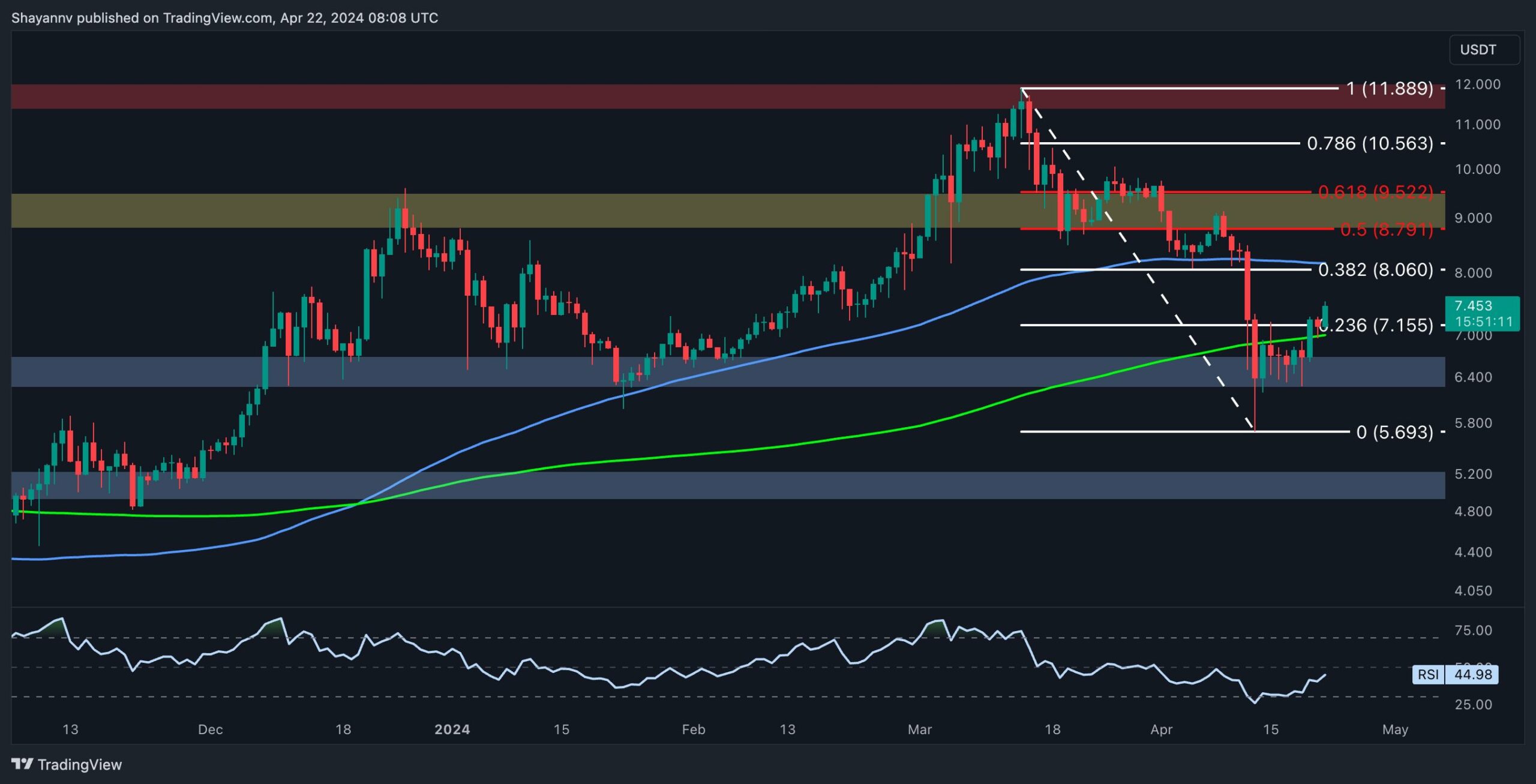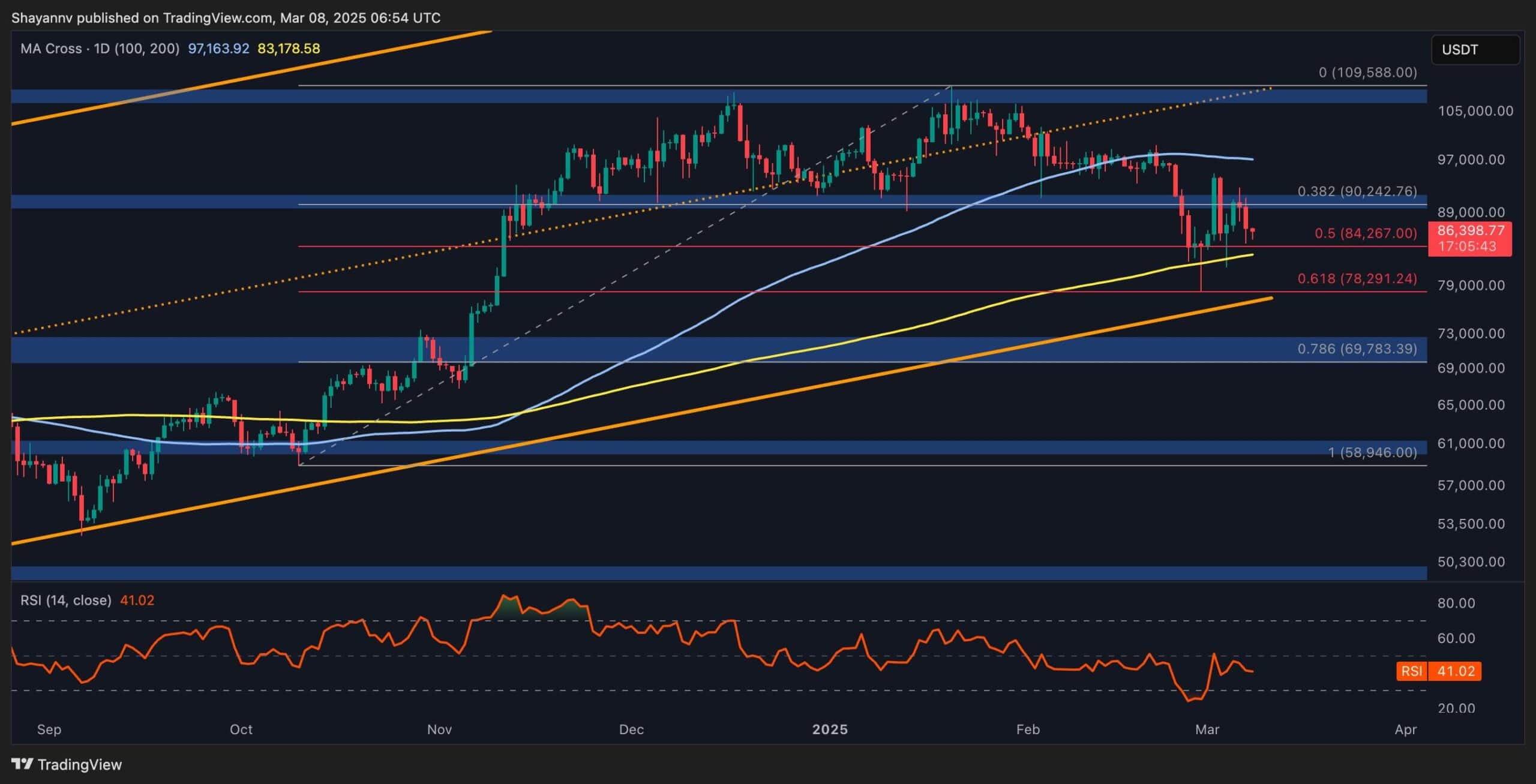Here’s Why Tornado Cash’s Activity Didn’t Cease Completely Post OFAC Sanctions
The Office of Foreign Assets Control’s (OFAC) tryst with the crypto industry dates back to 2018 when it designated two Iran-based individuals of malicious cyber activity. There has been no looking back since. More recently, the bombshell announcement that the US Treasury Department banned American citizens from using Tornado Cash, has had industry leaders abuzz.
While sanctions did reduce Tornado Cash’s activity, a recent report by Chainalysis shows that it is not easy to “pull the plug” on a decentralized protocol.
Affect of OFAC’s Sanction on Tornado Cash
The blockchain analytics firm Chainalysis published a new report highlighting OFAC’s increased efforts in targetting crypto activity and its effect on the Ethereum-based coin mixer, Tornado Cash.
On-chain data before sanctions revealed that 34% of all funds sent to Tornado Cash originated from illicit sources, while illegal activity was concentrated on just crypto hacks and scams. For instance, the Harmony Bridge exploit last summer accounted for more than 65% of the mixer’s total stolen fund inflows during a period of 60 days before OFAC initiated sanctions against it.
However, this pattern of isolated, unique events and most illicit funds came in brief spikes. This is in contrast to similar activity from services such as darknet markets which see a more constant flow producing a steady stream of funds.
Post sanctions, on the other hand, the coin mixer’s activity dropped significantly, but it hasn’t ceased completely. It is because Tornado Cash runs on smart contracts, which cannot be taken offline the way a centralized service can. Chainalysis, hence, concluded that OFAC or any other entity cannot do anything except impose legal consequences of sanctions violations stopping individuals from using it.
Having said that, Tornado Cash has been difficult to access after its website, which acted as a front-end for easy access to the mixing service, was removed. Its inflows declined by 68% in the 30 days following its designation. The report stated,
“Those incentives appear to have been powerful, as its inflows fell 68% in the 30 days following its designation. That’s especially important here given that Tornado Cash is a mixer, and mixers become less effective for money laundering the less funds they receive overall.”
Privacy Advocates Decry Tyranny
The sanction against Tornado Cash provoked a massive backlash. Non-profit blockchain advocacy group Coin Center filed a lawsuit against the US Treasury in September, stating that the move effectively criminalizes the citizens’ wanting to protect their privacy while using their own crypto-assets.
The prominent crypto exchange Coinbase also sued OFAC, accusing the financial intelligence agency of overstepping its authority.
The post Here’s Why Tornado Cash’s Activity Didn’t Cease Completely Post OFAC Sanctions appeared first on CryptoPotato.









